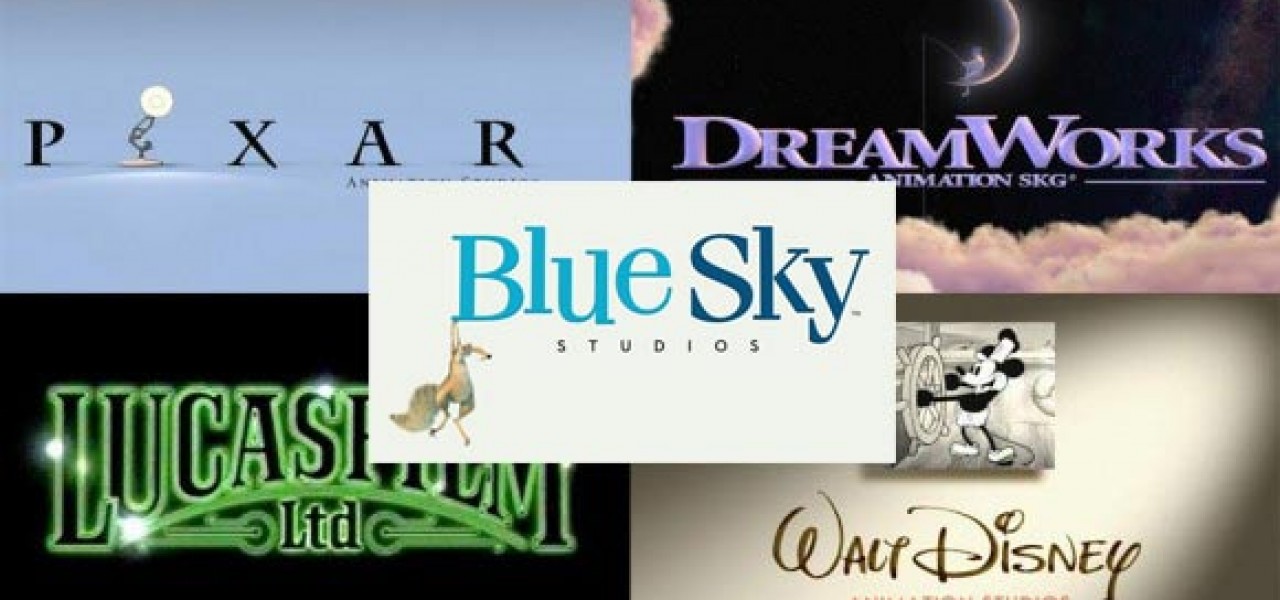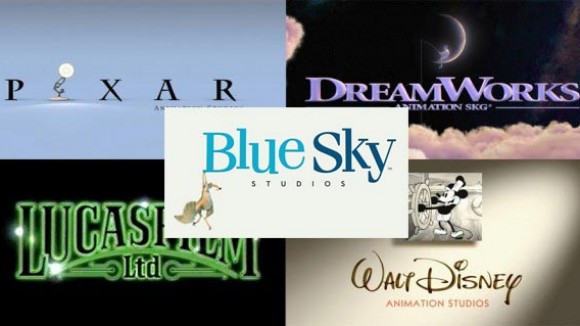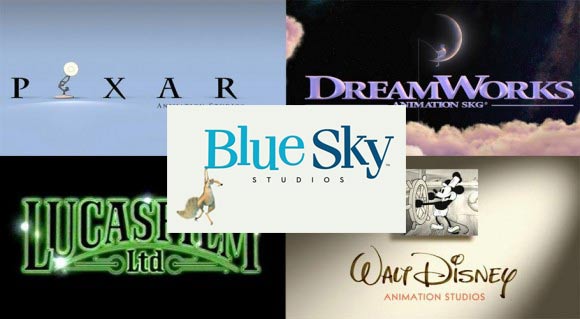

Disney, DreamWorks and Sony Describe Artists’ Wage-Theft Lawsuit As ‘Futile’

DreamWorks Animation, the Walt Disney Company (including Pixar and Lucasfilm), Sony Pictures, and Blue Sky Studios filed a motion last Friday in federal court asking a judge to dismiss the antitrust wage-fixing lawsuit that had been filed by animation industry employees. Their reason: we no longer engage in this kind of behavior and it’s too late to bring up the past.
The original lawsuits, which had been consolidated into a single claim, alleged that the major animation studios conspired for decades to keep wages artifically low by making secret no-poaching agreements in which studios would not cold-call other studios’ employees and wouldn’t offer more money if an artist attempted to move to another studio, among other violations of antitrust laws.
The animation studio lawyers, who represent some of America’s biggest law firms according to the Hollywood Reporter, claim that the lawsuit is invalid because the artists waited too long to file their claims: “[P]laintiffs’ attempt is futile as a matter of law and comes far too late. The statutes of limitations for their claims expired long ago.”
Lawyers for these studios also claim that their management heads haven’t taken advantage of their employees in at least five years: “In fact, [Plaintiffs] cite no allegedly wrongful communications or actions at all within the past five years.” Further, the evidence they say, only shows “a mere ‘opportunity’ to conspire,” but doesn’t outright prove that the studios did conspire.
The studio’s full motion to dismiss can be read here (PDF). One of the key points that the studio lawyers make is that there’s no concrete evidence of wage-theft after September 8, 2010 so the claims are no longer within the statute of limitations.
But let’s not forget that the Department of Justice investigation into a similar wage-theft scheme in the tech industry began in 2009. That earlier investigation involved both Lucasfilm and Pixar, and it was Ed Catmull’s deposition from that investigation’s subsequent civil lawsuit that first revealed details about the wage-theft scheme in animation. It’s obvious that there would be no evidence from 2010 onward because Catmull was already under investigation. This observation is even made by the studio’s legal team: “It is highly improbable, to say the least, that parties under a DOJ [Department of Justice] investigation of their allegedly unlawful conduct would continue to engage in any such conduct while under that scrutiny.”
The motion cites dozens of previous legal precedents and engages in a fair amount of double-speak. Here’s one gem: “[P]laintiffs’ allegations that the conspiracy was ‘secret’ does not show that plaintiffs were affirmatively misled about the conspiracy’s existence.” In regards to Catmull’s efforts to bring Sony into his scheme, the studio lawyers don’t deny that Catmull attempted to do so, but argue that he shouldn’t be held accountable because “absolutely no change in Sony Pictures’ behavior resulted from his efforts.”
The studios further assert that the artists who filed the suit don’t have sufficient evidence about the conspiracy such as “who, did what, to whom (or with whom) where and when?”
U.S. District Judge Lucy H. Koh will preside over the case’s next hearing on March 26, 2015 where she will consider the motion to dismiss the lawsut.

